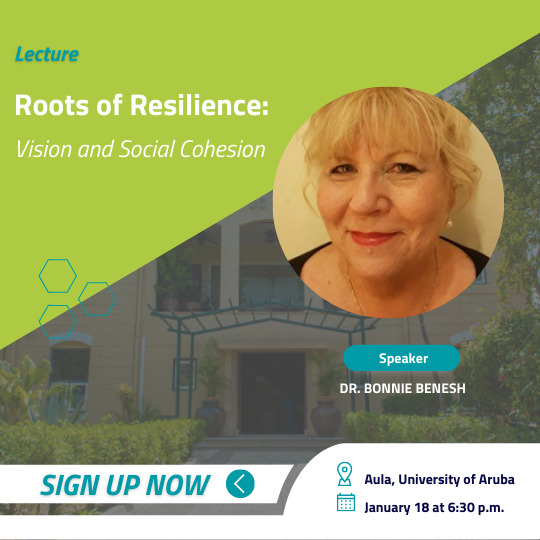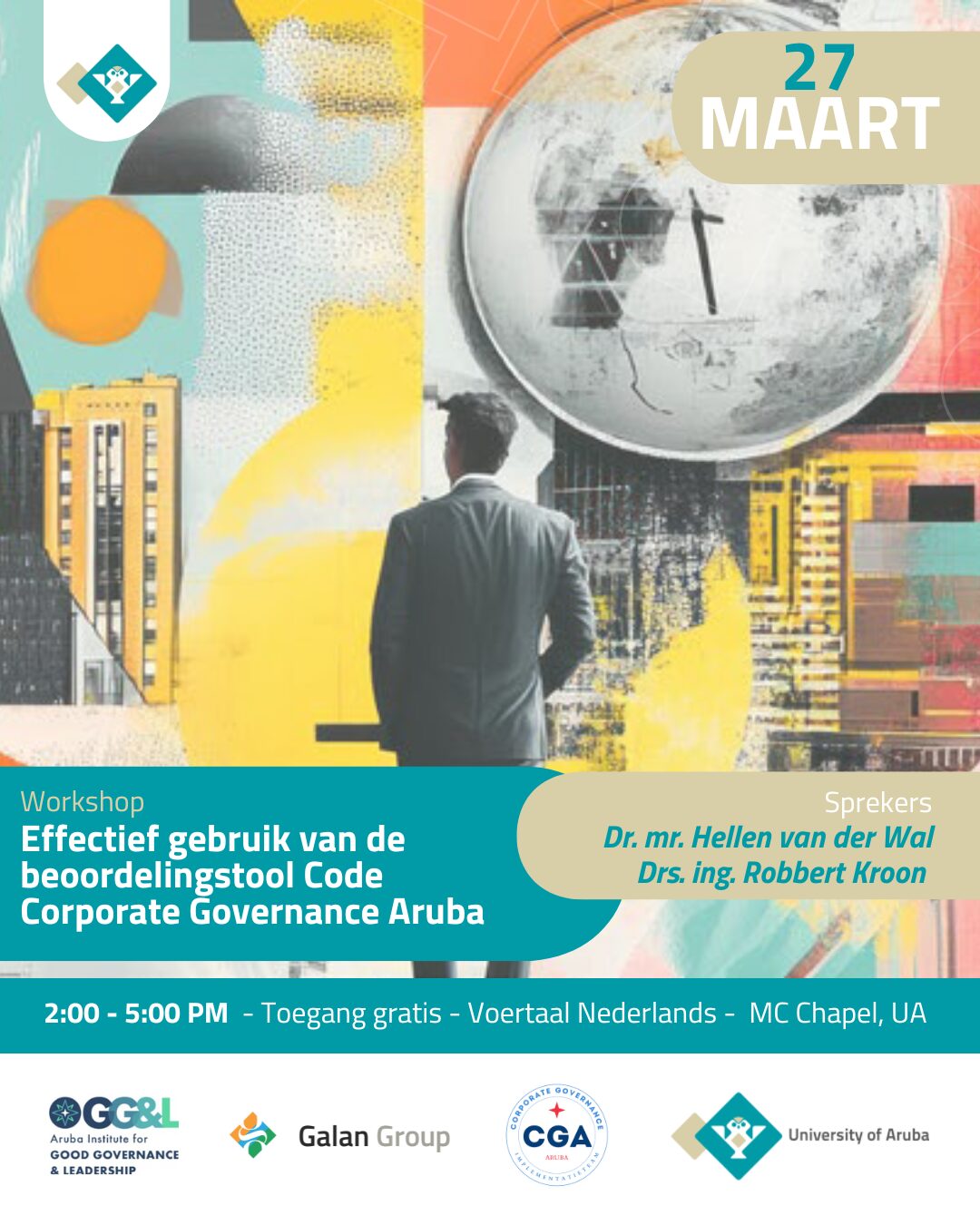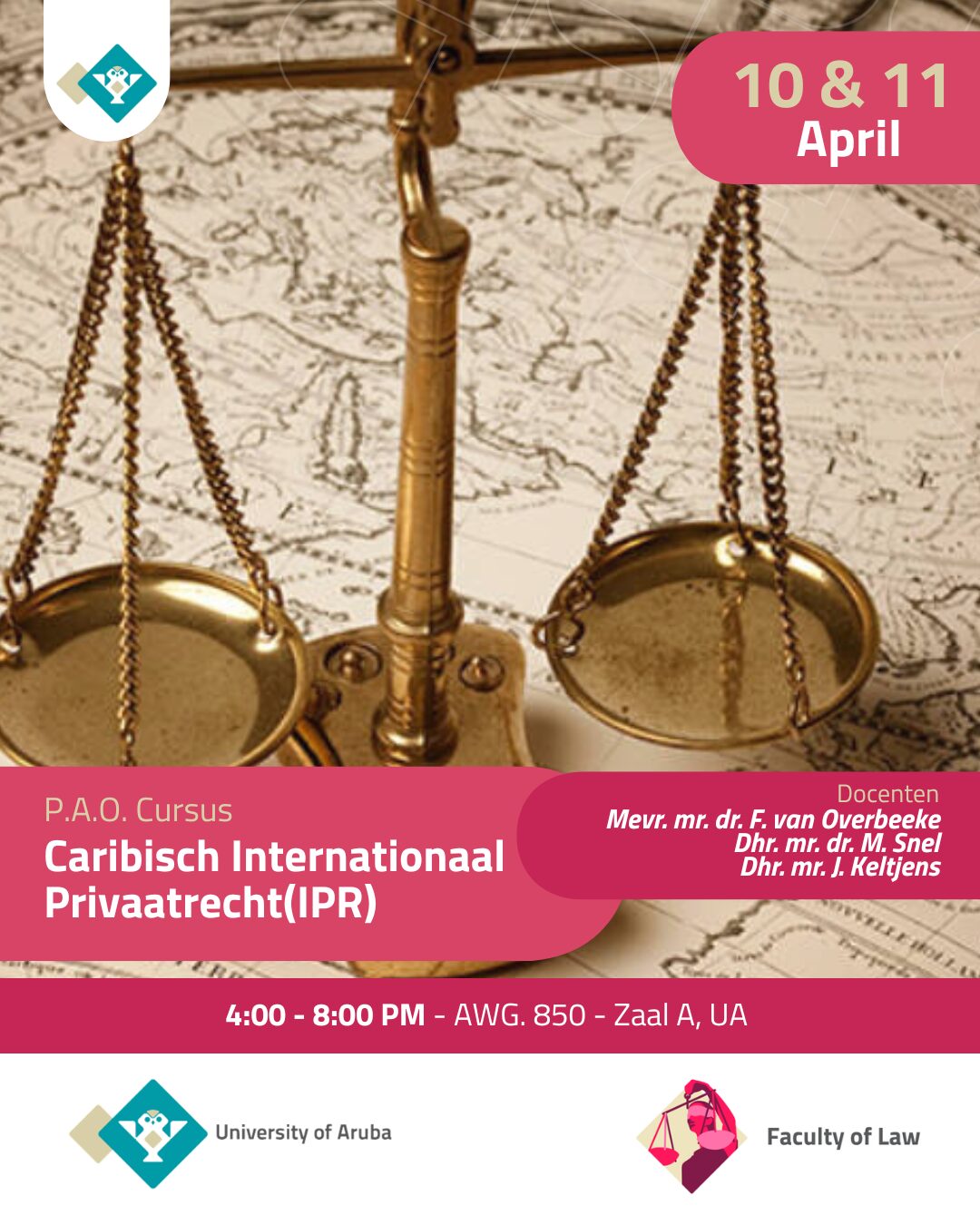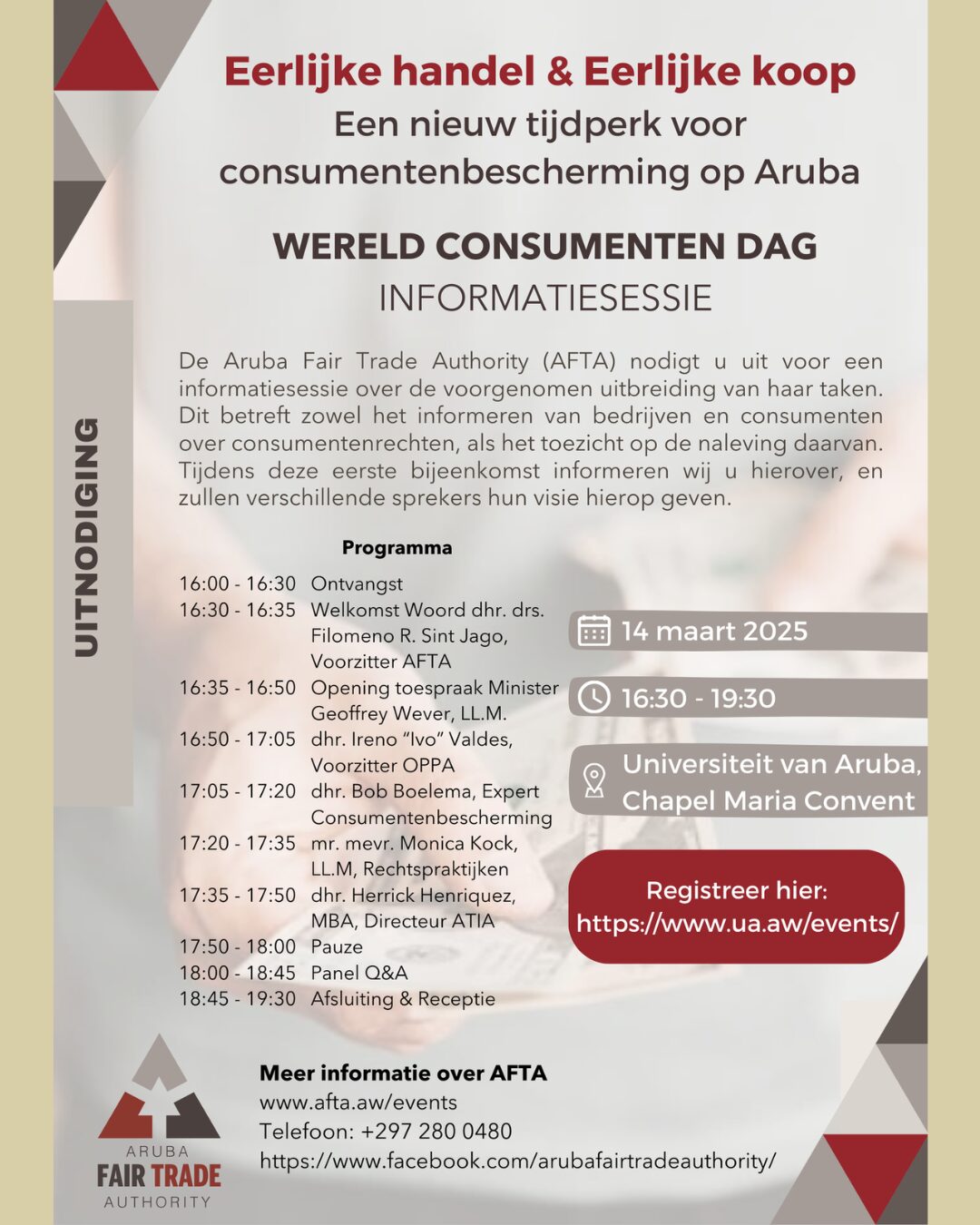
Lecture
Organizers:

Date:
January 18, 2023
Time:
6:30 PM
Fee:
Free
Location:
Aula, University of Aruba
Roots of Resilience: Vision and Social Cohesion
Focus:
Why a Vision and 30-year Plan are essential to resilient country development.
Why social cohesion is critical to getting people to follow such a bold plan.
Description
The root of resilience lies in the belief systems of change-makers about their people, the place, knowledge, and leadership. Social cohesion is the set of characteristics that keep people together: reciprocal loyalty and solidarity, reduction of inequalities and exclusion, strength of social relations and shared values, trust among individuals in the community, and most importantly, a sense of belonging.
The connections between the characteristics of resilience and social cohesion, the vision and master plan a government has for its country are at the root of change management for resilience.
One focus of this keynote will be to share resilience and social cohesion research and apply it to the transformational process. Pushed by the advent of new technologies on every aspect of society and the digitalization of all areas of work and private life, social cohesion is eroding by the growing inequalities it is causing. The challenge is maintaining a sense of belonging and the reduction of inequalities in the process. Building and sustaining social cohesion is critical to resilience of people, of place, of knowledge and leadership.
Social Cohesion is the foundation needed to build successful master plans because society-wide belief in the future the leadership wants to create is critical.
A second focus of the presentation will be to share the key aspects of “national master plans”. Successful master planning creates great places to live and work. A master plan that has been created as a result of broad-based collaboration will result in a sense of nationalism and common beliefs that will be the foundation of the long-term development and implementation.
Master plans take years to develop, and the scope and duration of a master plan are usually between 15 and 20 years in length. They focus on key overarching policies that create the basis of future developments.
Master plans are more than land or community development plans. They are grounded in the synergistic relationship of all aspects of a society toward the common goal of improving the quality of life of its people. Successful master plans excite and unite all people to believe in a better future for all.

Dr. Bonnie Benesh
Speakers
Dr. Bonnie Benesh is CEO of the Think To DO Institute, a global independent think tank located in Curaçao. In her international career she has presented and worked extensively around the world as a “change agent”, “thought leader” and “connector” with public and private sector entities to develop leadership for a new kind of future using her expertise in human and organizational systems. Her passion is the development of human capacity through systemic reform and collaborative vision. She has extensive experience in international economic development processes, 21st century workforce development skills and planning processes, and resilient society development.
Event Location
The main campus of the University of Aruba is centrally located in downtown Oranjestad and houses a number of Centers and Offices that promote academic growth, education, and research.
Our events are usually held at the main campus of the University of Aruba or online.
Consult the event invitation to confirm the correct location of where your event is being hosted.




